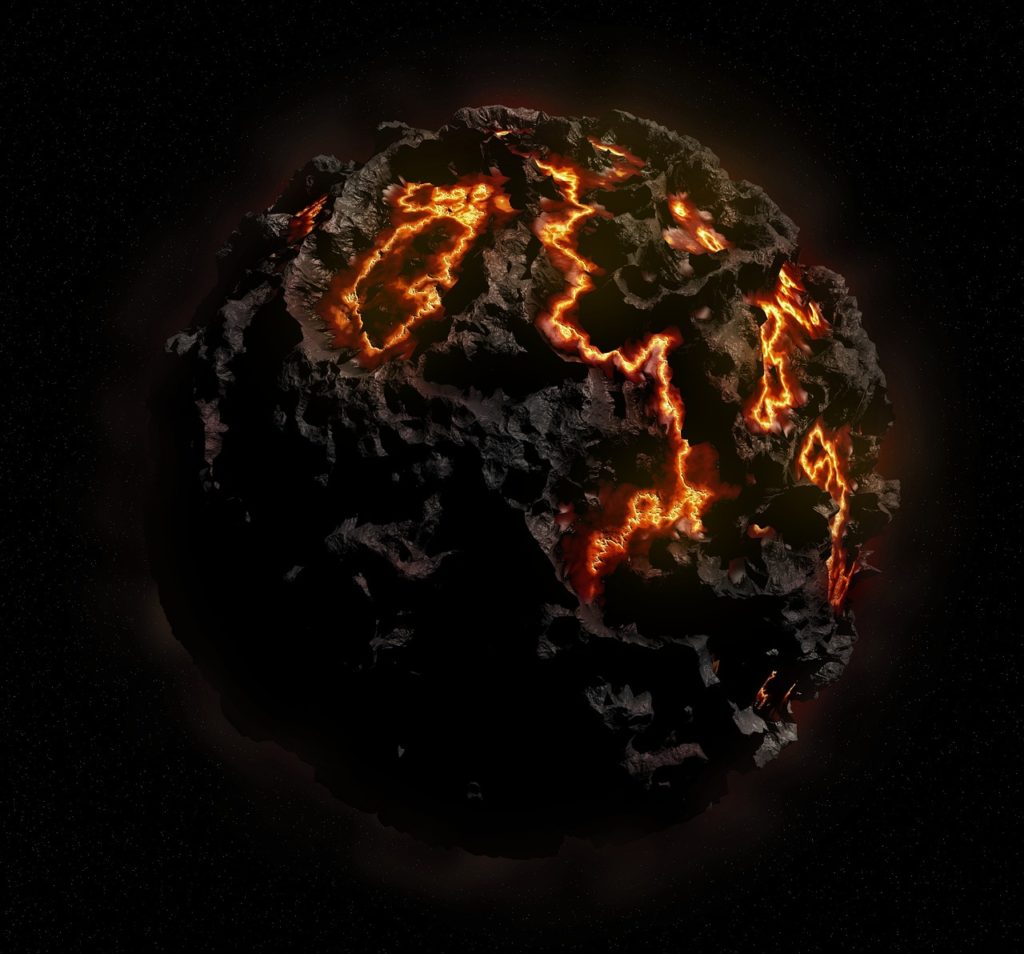The fear of the Lord is an unpopular concept today. Whether using “fear” as a noun (“I was struck with the fear of the Lord.”) or a verb (“I fear God.”), the idea that God is someone to fear is counterculture. Fear is “Phobos” in Greek and is where the word “phobia” is derived from. Phobos is defined as “to be put in fear; be afraid; exceedingly afraid; fear; terror.” There are several New Testament verses that describe Jesus as love, a friend, and the prince of peace; “perfect love casts out all fear.” The purpose of this article, however, is to bring attention to the fear of the Lord. And when you consider the above Greek definition of “fear,” it reveals a lot about us, who God is, and how we should approach him.
The Fear of the Lord in the Gospels
In the gospels, there are several instances where the crowds experienced the fear of the Lord after witnessing a miracle. Take for example, the widow’s dead son in Luke 7:12. At the command of Jesus, the dead young man sat up and “there came a fear on all.” And in Luke 9, Jesus cast a legion of demons out of the demoniac, resulting in the demons possessing a herd of swine. The herd ran into and drowned themselves in a lake. Those that were caring for the herd ran away into the city and brought others back to witness what Jesus had done. When they saw the demoniac in his right mind and sitting at the feet of Jesus, they were afraid. And, they were so afraid they beseeched Jesus to leave them. One would think they would be excited or awestruck. But fear gripped their hearts.

The Fear of the Lord in Acts

Upon being filled with the Holy Spirit in Act 2, Peter boldly proclaimed the full counsel of the Lord. The gospel was preached along with a revealing rebuke that “God hath made that same Jesus, whom ye crucified, both Lord and Christ.” Being convicted, three thousand Jews repented and were born again. After, they “continued steadfastly in the apostles’ doctrine and fellowship, and in breaking of bread, and in prayers. And fear came upon every soul: and many wonders and signs were done by the apostles.” Once again, examining this event through the lens of western culture, I believe joy or excitement would be the emotion shown. But the fear of the Lord is what their hearts defaulted to.
The Fear of the Lord in Revelations
In Revelation 11:18, twenty-four elders fell upon their faces and proclaimed that rewards would be given “to the prophets, the saints, and to them that fear thy name, small and great.” And, in chapter 14:7, an angel proclaimed with a loud voice, “Fear God, and give glory to him…”. And in chapter 19:5, “a voice came out of the throne, saying, praise our God, all ye his servants, and ye that fear him, both small and great.” (See https://biblehub.com/commentaries/revelation/19-5.htm for good commentaries on this passage.) The pattern I see in Revelation is that we should have the fear of the Lord.

The Conclusion
The gospels and the Book of Acts reveal that the fear of the Lord dwelt in those that witnessed miracles. I contend that because the miracles validated that Jesus, in fact, was the Messiah, they felt exposed to thrice Holy God. Like Adam and Eve hiding from God in the garden after disobeying God’s command, they, too, recoiled in God’s presence. They realized that their hearts were open and translucent before the Messiah.
As I Peter 2 describes, Jesus is a precious corner stone to those that believe the gospel. But to the disobedient, he is a “stone of stumbling, and a rock of offence.” His presence, either way, is to be feared. The gospels teach that Jesus was feared by both believers and unbelievers. Revelations proclaims that the saints should fear Him. We, too, should walk in the fear of the Lord.
As fearful as it would be to run for your life from someone trying to murder you, Jesus taught us to fear Him more:
Luke 12:4 And I say unto you my friends, Be not afraid of them that kill the body, and after that have no more that they can do. 5 But I will forewarn you whom ye shall fear: Fear him, which after he hath killed hath power to cast into hell; yea, I say unto you, Fear him.

